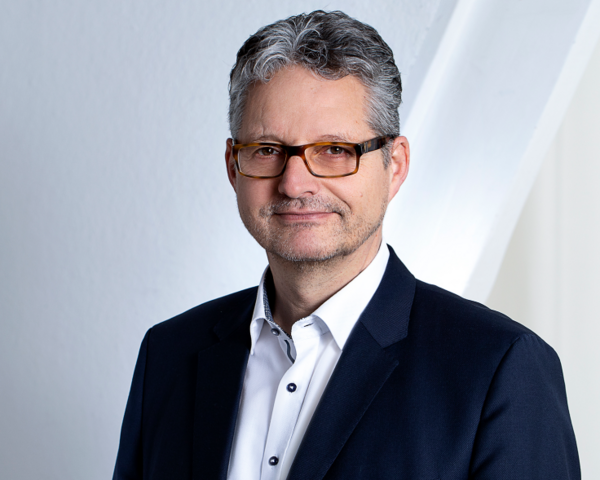The "Smart City" is no longer a utopia

Mr. Slembrouck, what is behind the term smart city?
Initially, it was about a city being managed better and more efficiently with the help of data and data systems. Today, however, smart city stands for a digital transformation that is strategically anchored in the urban development of the UN Sustainable Development Agenda 2030. This defines 17 fields of action for protecting the climate, environment, resources and strengthening social cohesion, which applies equally to Smart Regions.
How do the population, municipalities and the economy benefit from the smart city?
Digitization requires new cooperative methods and processes that, above all, enable shared learning in a highly dynamic world. The smart city no longer directs, but orchestrates needs and expectations, and is able to respond flexibly and quickly to changes. Data helps to better understand, forecast, and adapt. Stakeholder "profiting" is thus already inherent in the methodology.
What needs to happen to realize the smart city vision?
Digital transformation can only be successfully addressed with a clear political mandate, because it requires a change in the organization of government and the mindset of its employees. In other words, it needs the courage to be transparent and to enjoy working with other people. At the same time, the city must build a powerful infrastructure for collecting and processing data to enable transparency.
How can the digital transformation of urban networks be accomplished?
To cope with climate and environmental changes and to avoid weather disasters, the city needs a lot of data, new data, high-quality data. This can only be done with appropriate sensor technology. At the same time, urban areas also need to be digitally developed and offer people access to fast Internet, because otherwise city centers will die. All of this requires high-performance data infrastructures that combine fiber optics with mobile communications and WLAN. This is where innovative solutions such as the modular systems of the pe-light family from eks Engel, which can be used to upgrade existing components such as light poles or masts of traffic light systems to network nodes, can play an important role.
Is the smart city still a dream of the future or have projects already been implemented?
In Germany, around 300 municipalities define themselves as smart cities or smart regions, and at different levels of maturity. Transformation processes always smolder underground for a long time until they lead to tangible changes. At a certain point, many things then change very quickly. Incidentally, this is something we experience in almost all innovation processes.


